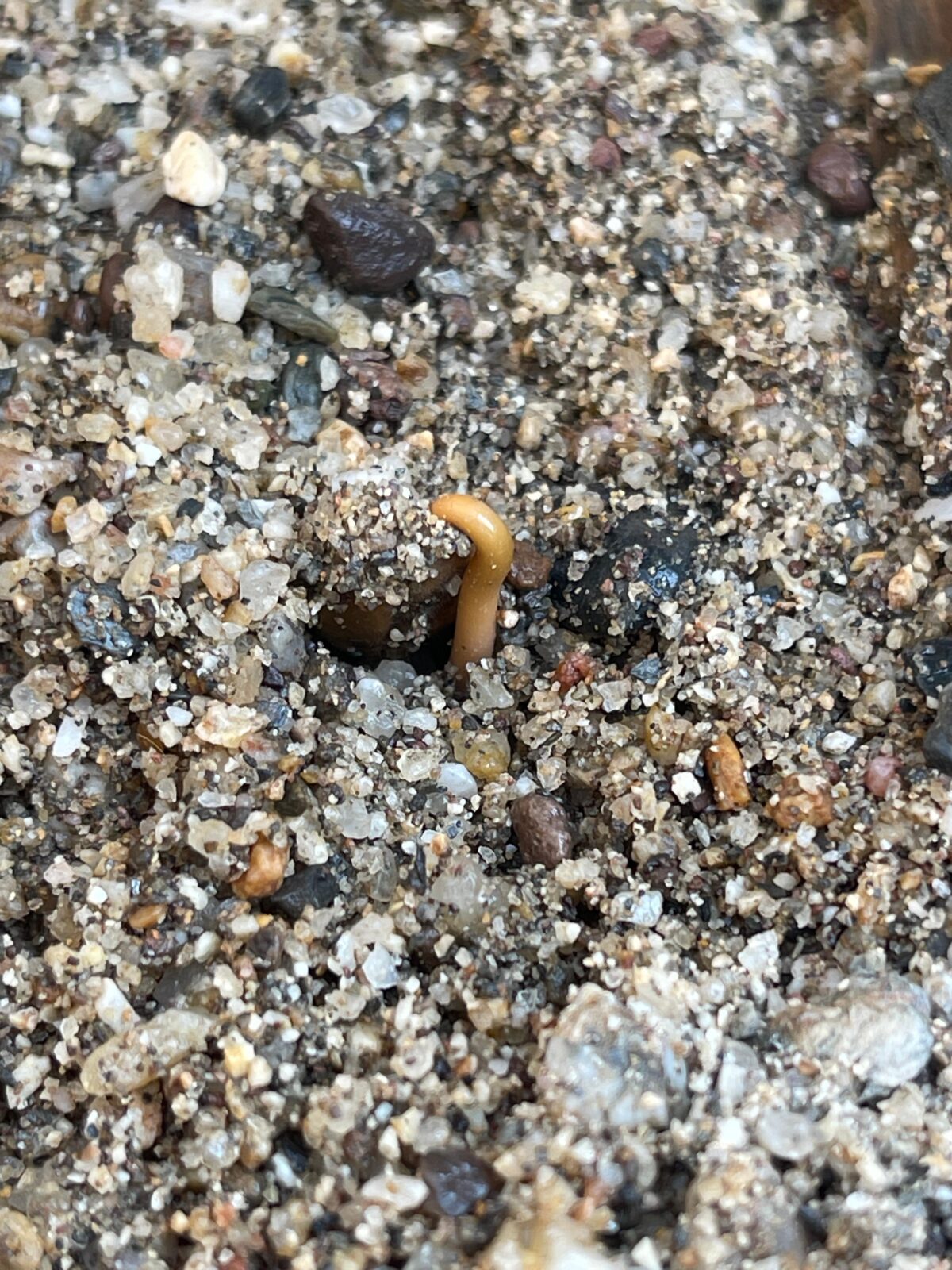Monitoring Coffee Seed Germination of Excelsa Variety

In a recent detailed report on coffee seed germination, researchers focused on the Excelsa variety, a species originally identified in Central Africa and now cultivated in various regions globally. The study, centered on evaluating germination processes, highlighted several crucial aspects for understanding and optimizing seed growth.
The evaluation commenced with the planting of Excelsa coffee seeds in a germinator on May 22, 2024, marking the beginning of a 25-day observation period. The seeds were carefully placed in an elevated germinator with a substrate of washed and disinfected river sand. To facilitate optimal germination conditions, the seeds were kept in semi-darkness, simulated by a cover of plant material, ensuring ideal temperature and humidity levels.
As of the report, the seeds had progressed to stage 4 out of 5 in the germination scale, indicating a positive trajectory for successful seed development. Notably, some seeds underwent a process to remove their parchment, accelerating germination by exposing the hypocotyl above the soil surface. The report also outlined preventive measures against damping-off disease, including the application of Trichoderma harzianum, a biological product effective against Rhizoctonia solani fungus.
Conclusively, the report confirmed that the monitored Excelsa coffee seeds were advancing well without encountering significant issues, affirming the efficacy of the current germination methods. It emphasized the importance of continued monitoring to ensure sustained progress and optimal conditions for future growth.
Looking ahead, recommendations included maintaining vigilance against fungal diseases through timely application of biocontrol agents, thereby safeguarding the ongoing germination process. This proactive approach aims to foster robust seedling development and enhance overall crop productivity.
In essence, the report provided valuable insights into the germination dynamics of Excelsa coffee seeds, offering practical guidance for agricultural practices aimed at maximizing yield and quality in coffee cultivation. This research contributes to broader efforts in sustainable agriculture and underscores the importance of scientific monitoring and evaluation in optimizing crop outcomes.
We welcome all producers and farmers to reach out for further details on how to grow Excelsa.
